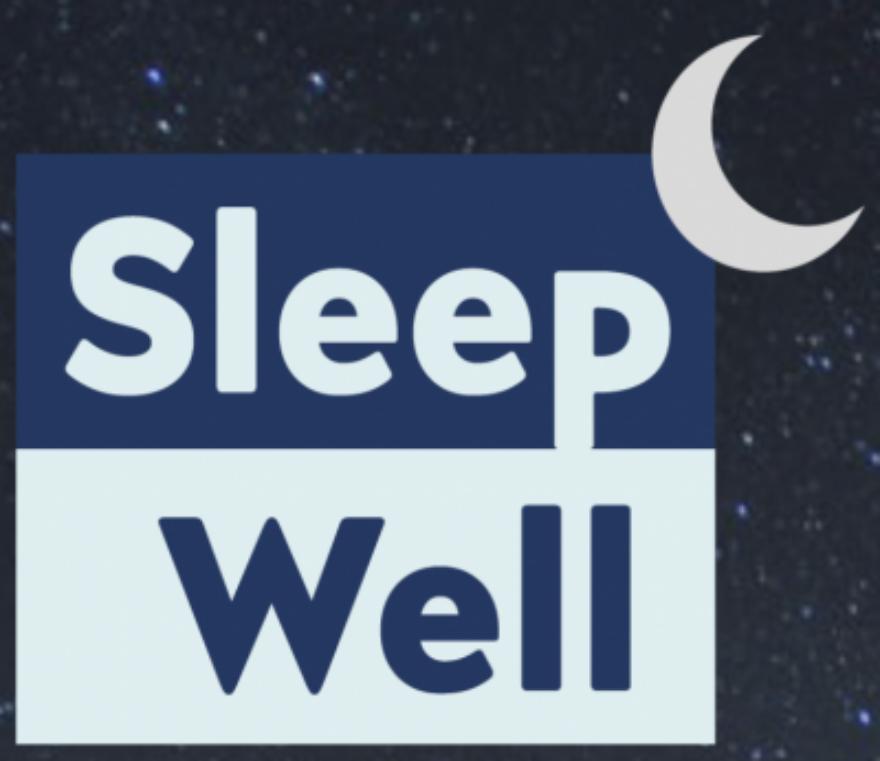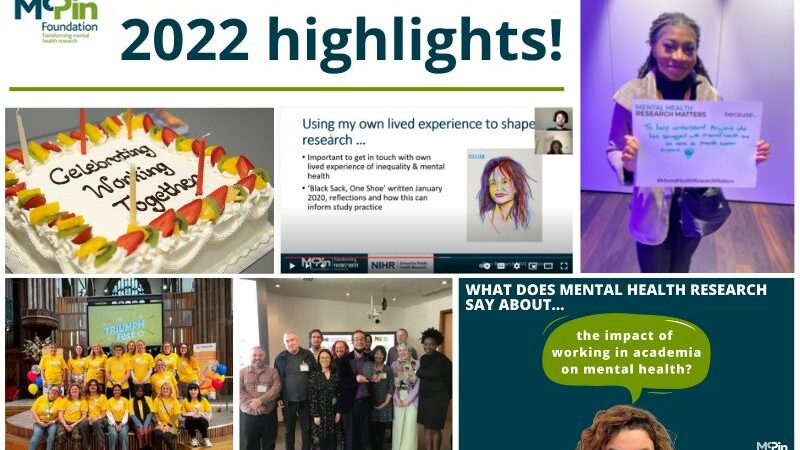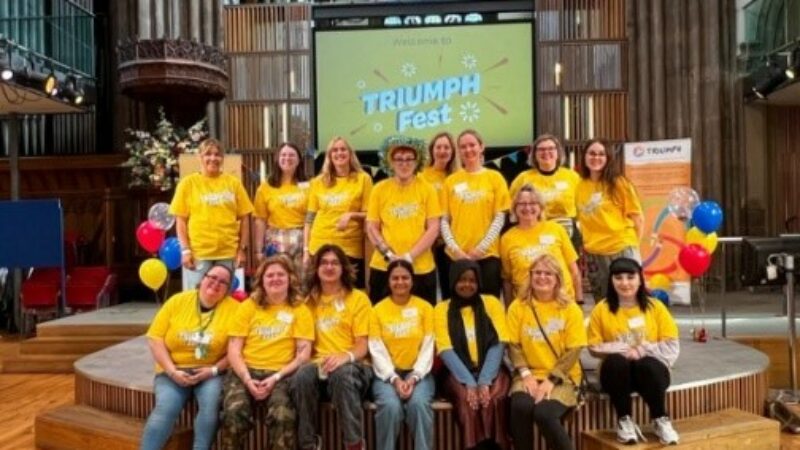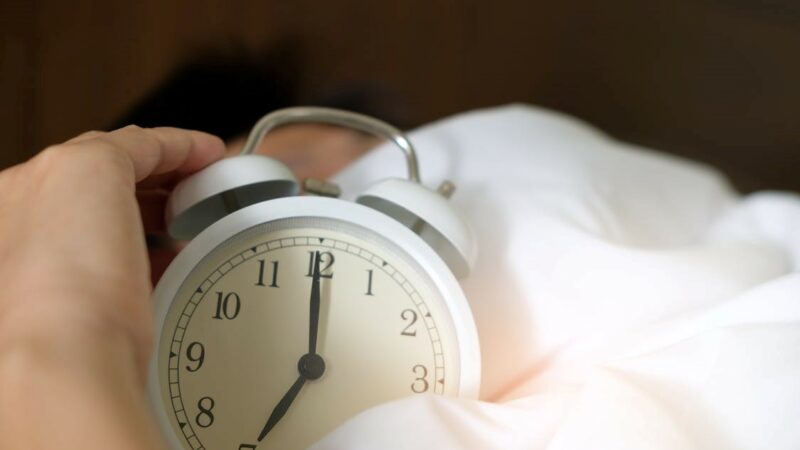
Project overview
Researchers from Oxford University have developed a psychological treatment to improve sleep and help young people who are at very high risk of developing psychosis.
The intervention has already been tested in a small study with 12 young people. You can read more about the research here. The results are promising and so a much larger study was planned to test if the sleep treatment really works. To do this, a trial is needed to develop the treatment further.
For this trial, 40 young people who are at the highest risk of developing psychosis were invited to take part in the study. Half the group will receive the sleep treatment and the other half will continue with their usual treatment.
Across nine months the young people were measured for changes in sleep, psychotic experiences and wellbeing levels. Once they completed treatment, they were interviewed about how they found it.
These interviews are now complete and were conducted with two of our lived experience advisory group members working alongside the team in a co-researcher capacity.
The team will soon move onto analysis of the study outcomes and findings.
The Sleep Well study is funded by the National Institute of Health Research (NIHR).
Project details
In the UK, there are an estimated 320,000 young people aged 15-24 at high risk of psychosis. NHS mental health services see those who are at the highest risk. Of these, around 20% will go on to develop psychosis within 12 months.
The development of psychosis can have multiple major consequences on psychological wellbeing, physical health, relationships, education, and employment. It is therefore important that we find ways to prevent psychosis in the first place.
One factor that has been proven to cause psychosis is sleep problems, which is why this study is testing a new sleep treatment.
McPin is supporting service user involvement for the study by building and working with a Young People’s Lived Experience Advisory Panel (LEAP) of five young people.
Members of the LEAP will meet six times over the course of the project with the researchers and McPin staff. They advise and shape the project to ensure it is effective, appropriate and relevant to those with sleep problems and at high risk of psychosis.
Some of the ways in which they have been involved include advising on recruitment methods, communicating findings, and designing and analysing qualitative interviews.
Please email [email protected] for more information.
To find out how to get involved in other projects for young people visit the Young People’s Network page.
Related blogs
Related projects
Work with us
We are always excited to hear from others who want to collaborate on mental health research. From delivering peer research to helping you with public involvement strategies and providing training, get in touch to chat.







